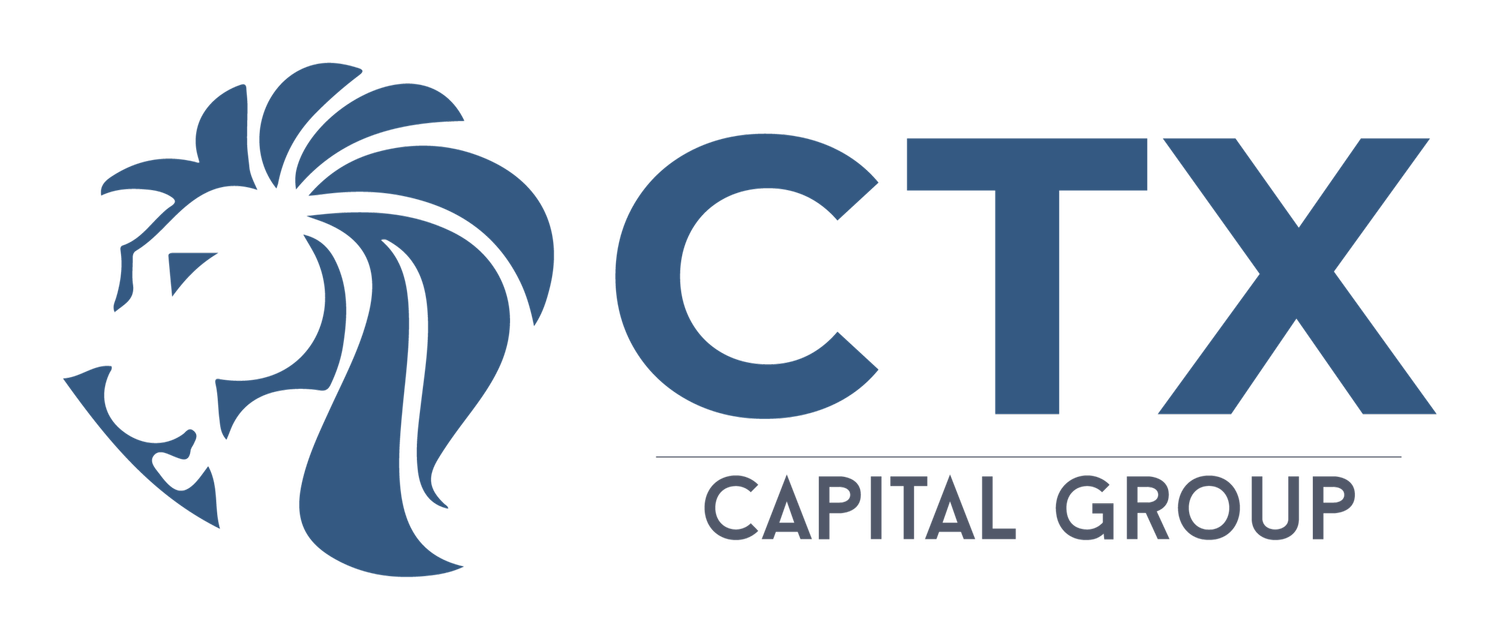Tax reform is the key initiative in President Trump’s agenda following his failed Obamacare repeal. The bills being negotiated in Congress will focus on helping corporations by reducing the tax rate on both annual profits and the repatriation of overseas cash. Trump’s highest priority is to create a stronger U.S. economy and stimulate economic growth with a specific focus on creating additional jobs in the U.S. to improve the standard of living for working-class Americans. However, Trump cannot achieve his goal of strong job growth without growth from small businesses. Small businesses accounted for 64% of the net new jobs created between 1993 and 2011 (or 11.8 million of the 18.5 million net new jobs) (SBA – September 2012).
Due to their position as the “backbone of the American economy” and their contribution to job creation, small business owners expect to see similar tax cuts to those offered to large corporations. Both the House and Senate bills offer solutions, although there are several major differences between the two.
The original House bill calls for lowering the pass-through tax rate to 25% for small business owners that report their profits as income on their tax returns. However, only the first 30% of income is eligible for this lower 25% tax rate; the remaining 70% would be taxed at the personal income tax rate (estimated at 39.6%). The result is a blended tax rate of 35.22%, far above the 20% proposed for corporations.
It’s important to note that under the House bill, small business owners actively involved in their business are unlikely to see tax breaks at all, according to The New York Times. Only those who hold passive interests in pass-through small businesses will be able to structure their payments to receive the lower tax rate, while those actually running the business will still pay higher personal income tax rates. This disparity means that the hard working and generally less wealthy managers of LLCs, S Corporations, and partnerships will be worse off than before as they bear the brunt of the tax burden. The wealthier individuals who possess the capital to passively invest in small businesses will benefit instead. As a result, many smaller businesses will incorporate in an effort to reap the tax benefits associated with C class corporations. After all, as Robert Kiyosaki (founder of Rich Dad company) eloquently put it: “It isn’t how much you make, it’s how much you keep,” and small business managers feel they deserve to keep as much as their passive investors.
Meanwhile, the original Senate bill calls for lowering the pass-through tax rate on all income to 31.8%. This tax cut is even greater than the 35.22% blended rate offered by the House bill and is available to both passive investors and managers of the small business.
On the surface level, it appears that small businesses are getting the short end of the stick. After all, large C class corporations are offered a 15% tax cut from today’s 35% corporate tax rate, down to 20%. Small businesses are offered only a 7.8% or 4.38% tax cut from today’s 43.4% flow-through rate (39.6% personal income tax + 3.8% investment income surtax) down to a rate of either 35.6% (31.8% pass-through rate + 3.8% investment income surtax) or 39.02% (35.22% pass-through rate + 3.8%investment income surtax) in the Senate and House bills respectively.
However, corporations are taxed twice – once at the corporate income tax level and again at the shareholder level. The proposed effective tax rate for corporations is 39% (20% corporation income tax compounded with 23.8% capital gains tax on net income), which is in line with the proposed tax rate for small businesses. While the tax bills may not be perfect, they are an ideal starting point to reduce tax rates and thus stimulate growth for flow-through small businesses. These businesses currently suffer the highest business tax rates in the developed world but are vital to America’s economic health.
Disclaimer: None of the above information is intended to nor constitutes any form of tax, legal, or financial advice. Please consult with your professional advisor before making any decisions concerning your financial and/or business planning strategy.



